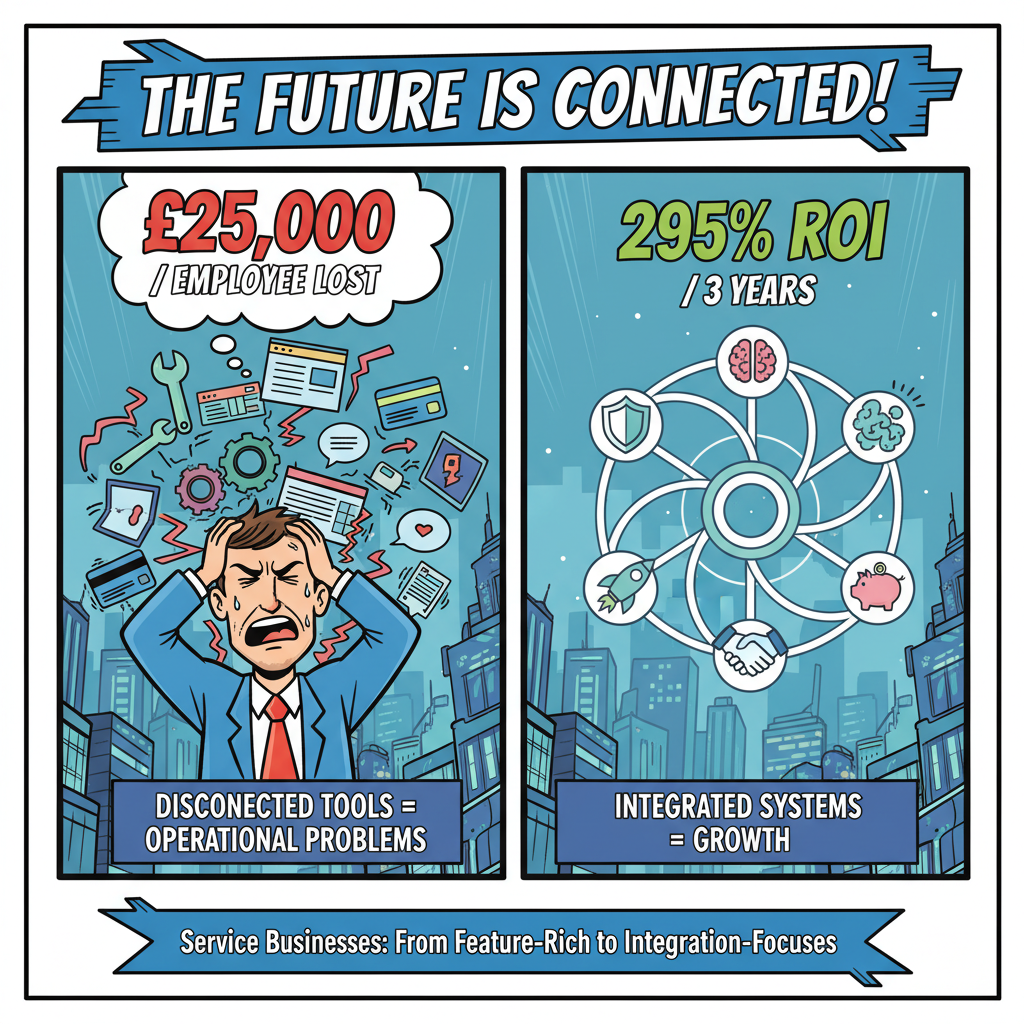Why Your AI Content Sounds Like Everyone Else's (And How to Fix It in Minutes)
Published on: 28/11/2025
TL;DR: Generic AI content gets deprioritised by search engines because 86% of top-ranking articles...
Marketing Automation: NEXUSPRO Strategies & Tools









